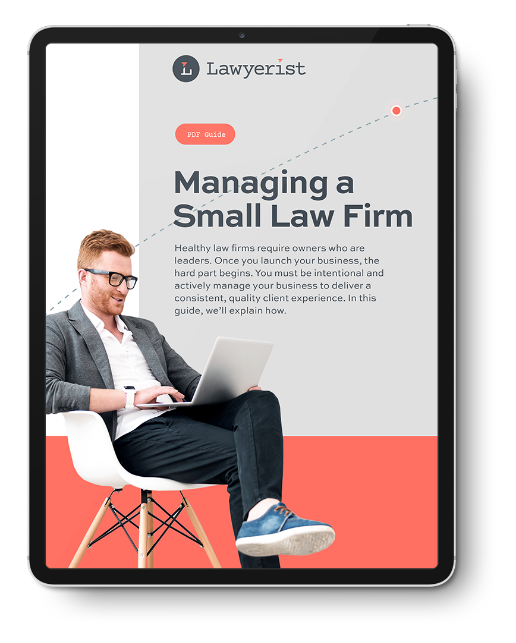Home » Managing a Small Law Firm » Legal Outsourcing: Using Freelancers and Contractors in Your Law Firm
Legal product reviews and business guidance from industry experts.
Chapter 6/6
Legal Outsourcing: Using Freelancers and Contractors in Your Law Firm
Managing a Small Law Firm
7 min read

Download the Full Guide
Guides Parent Form
Already an Insider? Log in to your account to receive your e-book!